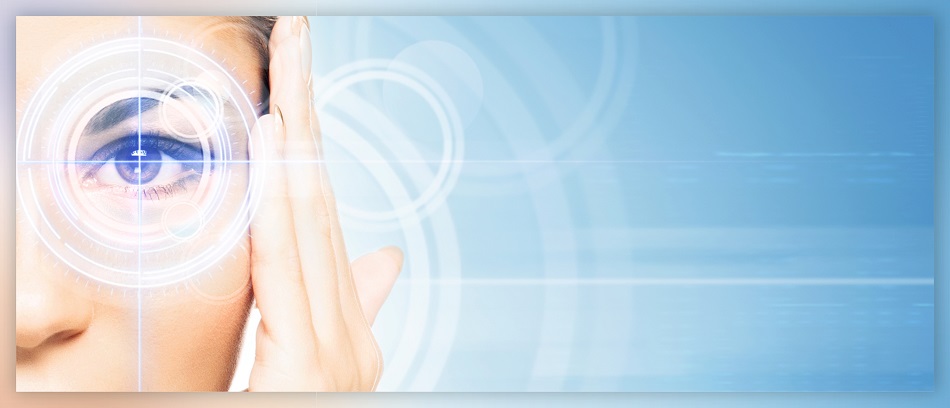
The advent of artificial intelligence in the world of medicine has created opportunities that few thought possible. While medical professionals are still figuring out how to best use the new technology to advance their various fields, multiple applications have already come to light and begun to reinvent how certain tasks are accomplished.
One recent discovery could drastically change the way eye care is conducted. As it stands, patients with eye conditions must be diagnosed by a doctor, then referred to the proper specialist. However, artificial intelligence will likely revolutionize this process.
Researchers have found that artificial intelligence can accurately identify over 50 eye conditions, then refer patients to the correct specialist. Even more astounding is the rate of accuracy this artificial intelligence system boasts—it is as reliable as the world’s best doctors.

The current process used to diagnose eye conditions is tedious, time-consuming, and expensive. It involves taking 3D scans of a patient’s eye, then having highly-trained specialists evaluate and interpret said scans.
Due to the time-consuming nature of this process and sheer volume of scans experts must review each day, patients who need speedy referrals and treatment may suffer from unavoidable delays. For those in vulnerable, time-sensitive conditions, this can lead to serious consequences.
Artificial intelligence brings several advantages to the table when used to diagnose and refer patients with eye conditions such as eyelid ectropion.
One of the primary benefits is, of course, the speed with which patients can receive the treatment they need. This may not be the most important advantage of using artificial intelligence in this capacity, though.
By lightening the burden placed on healthcare workers, artificial intelligence allows them to dedicate their time to other activities. From helping patients to conducting potentially world-altering research, the benefits of this newly freed time cannot be understated.
While only being used in limited capacity right now, the success of artificial intelligence in this area of medical work could lead to its implementation across the globe. However, this technology is still in its infancy and requires much more researching and testing before it is ready for widespread use.
In other words, this artificial intelligence system shows tremendous promise but needs to be tested clinically, meet healthcare regulations, and be made into a reasonable product.
Despite the hurdles still to come, the potential of this technology has researchers and doctors excited for the future. Expect to see this—and other artificial intelligence systems—making life easier for doctors and patients alike in years to come.
![]()